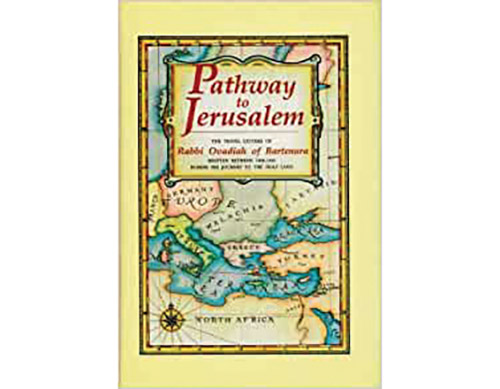
The Root for ‘Round’: Ayin-Gimel-Lamed
fEveryone agrees that the root עגל fundamentally means “round” in Tanach. (See, e.g., “agol” at I Kings 7:23.) But an issue in this root is

fEveryone agrees that the root עגל fundamentally means “round” in Tanach. (See, e.g., “agol” at I Kings 7:23.) But an issue in this root is

Aura Herzog, the mother of Israel’s President Isaac Herzog and the wife of Israel’s sixth president, Chaim Herzog, died on Jan. 10, 2022, two weeks

Amos Oz (1939-2018) was a famous secular Israeli writer. He was the author of 40 books and was a winner of the Israel Prize. I

Ordinarily, the issues in an injury case in New York State are straightforward: 1) negligence of the party being sued, 2) what percentage of fault

Most of this column is based on Allis and Ronald Radosh, “A Safe Haven: Harry S. Truman and the Founding of Israel.” Harry Truman had

One of the major events in the history of Russian Jewry was the imposition of military obligations on them by Czar Nicholas the First in

Last week I wrote that in 1488-1490 R. Ovadia wrote three letters from Israel and that CIS publishers did an English translation: “Pathway to Jerusalem:

We all know of him from his commentary on the Mishnah. But what about his biography? We would know very little of his life except

There are two Biblical roots with the letters ישׁן. One has the meaning “sleep.” The other has the meaning “old.” An issue had always been

We all sing this song peacefully. Could anything be controversial about it? (This is aside from the mild disagreement that might occur over whether each

At Leviticus Chapter 16, there is a strange ritual that takes place on Yom Kippur. The high priest takes two goats. After a lottery, the

There is a famous Rashi at Devarim 32:17. This verse describes the Israelites as sacrificing to gods that לא שׂערום אבותכם. What does that middle